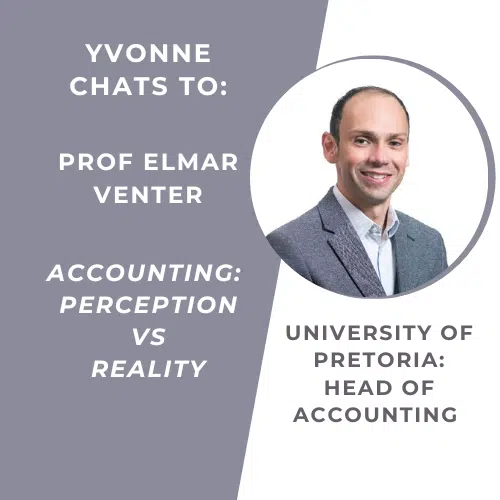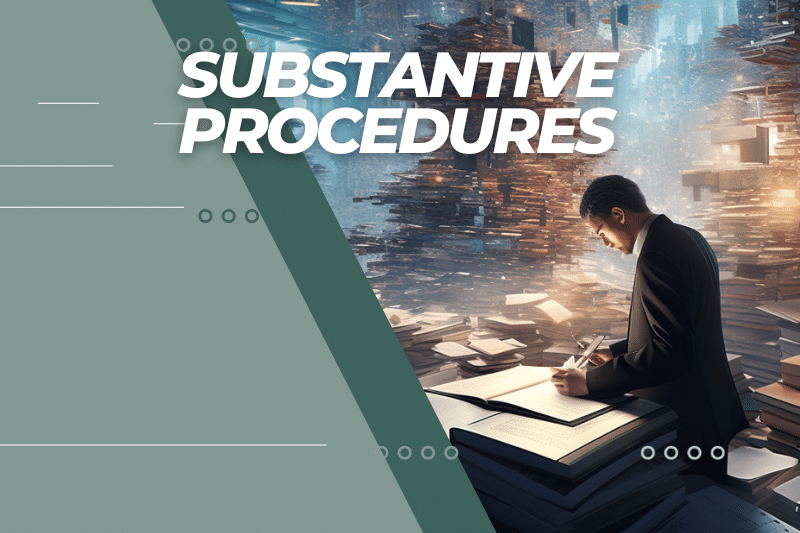There has been a lot of noise in the news and in accounting / auditing student circles about the pending changes to the path to qualifying as a Registered Auditor with IRBA. This, (and an article that appears to have been written by someone who doesn’t understand the field!) has completely, and understandably, confused a lot of students. So let’s try untangle this a little! IRBA responded officially to this here, but I think it may need some further clarification for students looking towards their future careers.
What is the change?
IRBA announced the change in a media release.
I’ve created an infographic which illustrates the two paths (old and new). Keep in mind that I’ve tried to simplify the process visually!
Up to the point that you register as a CA, the only real change is that all trainees will write the same Board 2 exam. In the past, Audit clerks have written the PPE (Public Practice Exam) and non-Audit clerks have written the QE2 (Qualifying Exam 2).
IRBA governs the registration of Auditors in South Africa, and up to last year, they’ve set and administered the PPE as the second Board exam for audit clerks as an assessment of whether they qualify to enter the Auditing profession. Once audit clerks have written this exam, they can register with SAICA as a CA(SA) and with IRBA as an RA. SAICA has always set and administered the second Board exam (QE2) for non-audit clerks, and these clerks can register as CA(SA)’s once they’ve passed the QE2. (See my article on the new APC).
Now, however, (from 1 January 2015) IRBA will only administer their assessment process AFTER the clerk has qualified as a CA(SA) (instead of using the PPE). So, once a clerk (who did Audit Articles) has completed both Board exams (both of them now administered by SAICA for ALL clerks), they can register as a CA(SA), but not as an RA, yet.
IRBA now wants these clerks to complete an ADP (Audit Development Programme). This is an evidence-based programme, meaning there are no exams (See, there is some good news!). Rather, the clerk will have to submit a portfolio of evidence to IRBA that will prove that they are able to run an audit from start to finish. Based on this evidence, over an 18 month period, IRBA will register them as an RA.
Why has this changed?
In the past, the audit clerk has never really been the one who selected the audit opinion, or decided autonomously what evidence would be obtained for an audit. Although they may have been an audit senior who took more responsibility for the planning of the audit, it would be reviewed by the audit partner, who takes ultimate responsibility for the evidence and the appropriateness of the opinion. The audit clerk prepares the file, and the partner makes the final decision.
This process isn’t quite enough for IRBA to accept that the clerk is able to fully run an audit as a partner. Up to now, you could qualify as a CA(SA) today and register as an RA the same day. There doesn’t really need to be any assessment of whether that clerk is able to select an audit process, and subsequent opinion appropriately, perform at audit partner level (budgets, managing staff, deal with client issues etc). It takes a lot of experience to make these decisions on your own, knowing that the ultimate responsibility for the audit procedures performed or not performed will result in an appropriate opinion for various audits and situations. This is why IRBA has moved to an evidence-based approach. An exam cannot adequately assess this, as the case studies will always give you more information than you may be able to obtain on an actual audit.
Is it a good or bad thing for the profession? Will it decrease the value of your qualification?
I believe that the above change will increase the quality of the professional and the Auditing profession as a whole. There is an enormous difference between assessing someone in an exam environment versus a portfolio of evidence that indicates what you’re capable of doing on-the-job on a daily basis. Exam technique can often be a deal-breaker for students, which in a lot of cases is like playing a game that you don’t know the rules to! If you do ‘crack the code’ of exam technique, it also means that you can pass the exam, while still being relatively incompetent on-the-job.
Face-to-face discussions, and your quality of work in the practical environment is a far better way of assessing someone’s competency on-the-job.
This change impacts individuals after they’ve qualified as CA’s, which means that the high standards in the qualification journey through SAICA is not being compromised or changed.
Is the change wholly driven by the need for further transformation in SA (ie: increase the number of black and female Accounting professionals?)
There is a lot of discussion surrounding the transformation issue in South Africa, and rightly so. Why is the transformation process so slow? Why are we not seeing more black and female CA’s and RA’s? (I know a lot of people talk about ‘Africans’… but whether anyone likes it or not… I definitely consider myself African, and I don’t think they’re talking about me (and my pale complexion!) when discussing transformation issues!)
This is a very tough topic to broach, and has as many facets as a diamond. My experiences and exposure to thousands of different students and clerks over the last 9 years of lecturing has given me some insight and left me with some opinions on this issue. What I don’t really agree with, though, is the statement that the change in the qualification process is driven by the need for transformation.
If nothing else, the CA qualification process itself is not changing. The barrier to entry for most students is definitely CTA, not the Board Exams and Articles process. (CTA pass rates are FAR lower than Board Pass Rates and the clerks who decide not to complete their Articles are, in a lot of cases, students who have decided not to continue on the CA route due to the monster that is CTA). Thus, if there was a change the qualification process for transformation purposes, it would be at CTA level and below, not after the individual has already qualified as a CA(SA)!
Whether there should be a change at those levels is another debate altogether, and there will probably be as many opinions on this question as there are people in the room!
What does this mean for Audit firms?
Audit firms can no longer promote individuals to partner level once they’ve completed their CA(SA) qualification. This happens a lot in smaller firms, where clerks started articles during their degree, and thus had to do five years of Articles while studying. The qualification turn-around in small firms is understandably a lot lower, and so firms want to hold onto those clerks who now know the clients, processes and firm.
At big firms, however, it is very unlikely that someone would be made partner the day they qualify. Most bigger firms have partnership programmes, or processes that the person would follow before that happened. Aptitude tests, EQ tests, assessments, management training, working closely with a selected partner as a mentor etc… these are some of the ways that bigger firms would try prepare a candidate for partner level. For these firms, IRBA has simply formalised the process that they’d probably be following anyway!
Thus, the firms most concerned about the IRBA changes are likely to be smaller firms.
The RCA (Registered Candidate Auditor – the person who wants to qualify as an RA) now has to select an ORA (Oversight Registered Auditor) for the duration of their 18 month ADP. The ORA will probably be a partner at the audit firm who agrees to ‘oversee’ their portfolio of evidence during this additional ‘articles’ period.
Does this mean you’ll earn less?
Your salary is generally linked to the value you can add to the firm (and their affordability, of course). As a qualified CA going through the ADP, you can still add the same value to the firm that you would’ve if you were an RA who was working as an Audit Manager, since the value you’d be adding is the same. The difference would be in the fact that you couldn’t be an audit partner, and so that’s where most of the salary difference would lie.
What if you didn’t do ‘Audit’ Articles?
There is still a possibility that a candidate who has qualified as a CA using the non-audit route can qualify as an RA, but they would have to complete their ADP over a longer period of time.
Conclusion
While this change appears to ‘scare’ a lot of people away from wanting to be RA’s, I believe it will, in the long run, provide professionals with a stronger base for their careers.















3 Comments
Well structured and simplified, thank you.
Thanks for the article.
The idea of the ADP is a good one in theory, and would work for the article clerk at a big firm who qualifies as a CA and finishes his articles. Chances are practically zero of him/her becoming partner immediately at the big firm. These firms already have partnership development programmes in place so its nothing new. Where it will make a difference is where the said clerk resigns at the big firm and decides to start his own firm.
For smaller firms thee ADP poses a problem and a barrier to entry of sorts as they do not have partnership programs. The newly qualified CA will also more than likely have several years of post article experience as a senior, running his own audits. His selection of audit mentor would also ne cumbersome as he would just be doing what he has always been doing under the partner (often the only partner) he jas been working with all this time. Will another 18months added to several years post article make any difference? I think not. Its rather just an admin issue.
Hi
Thank you for this article. I just want to know if one can Achieve the RA with a different from the one which he has completed saica articles with?